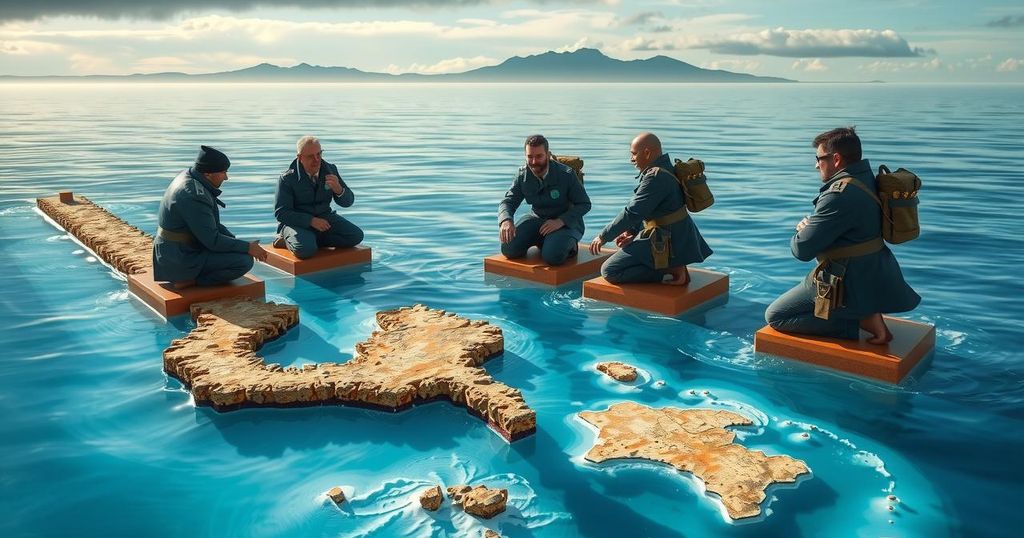Trump’s Unconventional Diplomacy: The Quest for Greenland and Panama Canal

Donald Trump’s interest in acquiring Greenland and comments regarding the Panama Canal exemplify his unconventional approach to foreign policy, stirring significant media and public discourse. The proposals faced rejection and criticism, highlighting the complexities of territorial acquisition and U.S. relations with other nations.
Former President Donald Trump has made headline news on multiple occasions for his unconventional approaches toward international relations, notably during his administration’s interest in acquiring the Panama Canal and Greenland. His bold ideas, which reflected a transactional view of global diplomacy, prompted much public and media discussion.
In 2019, Trump expressed interest in purchasing Greenland, a territory of Denmark, believing that the acquisition would enhance United States strategic resources and geopolitical standing. The proposal was met with immediate rejection from Danish officials, stating that Greenland was not for sale. This initiative drew sharp criticism and ridicule, as many viewed it as a deeply misguided notion of international property ownership.
Furthermore, Trump’s earlier remarks about the Panama Canal resurfaced discussions around the historical and strategic significance of such territories. Although he was not officially pursuing the acquisition of the canal, the provocative nature of his statements highlighted his administration’s unique positioning on national security and territorial control.
The controversies surrounding these territories remain integral to conversations on U.S. foreign policy and influence. Trump’s tenure was characterized by a fundamental shift in how the U.S. engaged with international stakeholders, emphasizing economic incentives and potential acquisitions. His legacy continues to provoke debate on the role of traditional diplomacy in the modern political landscape.
The topic of territory acquisition has long been a contentious aspect of international relations, particularly concerning significant geopolitical assets like the Panama Canal and Greenland. Historically, the Panama Canal has been a critical maritime route, established by the United States in the early 20th century, while Greenland is recognized for its strategic importance due to its location and natural resources. Each territory has its own complex geopolitical implications, making any discussion regarding their acquisition fraught with historical and diplomatic sensitivities. Trump’s administration’s intent to explore such acquisitions exemplifies a stark juxtaposition to conventional foreign policy, garnering both support and criticism among political analysts and the public alike.
In conclusion, Donald Trump’s attempts to acquire territories like the Panama Canal and Greenland reveal a distinctly transactional approach to foreign policy that strays from traditional diplomatic etiquette. These initiatives underline the ongoing complexities inherent in international relations, particularly regarding territorial sovereignty and strategic interests. The dialogue surrounding these issues continues to influence discussions on U.S. foreign policy, showcasing the lasting impact of the Trump administration’s unconventional strategies.
Original Source: kitchener.ctvnews.ca







